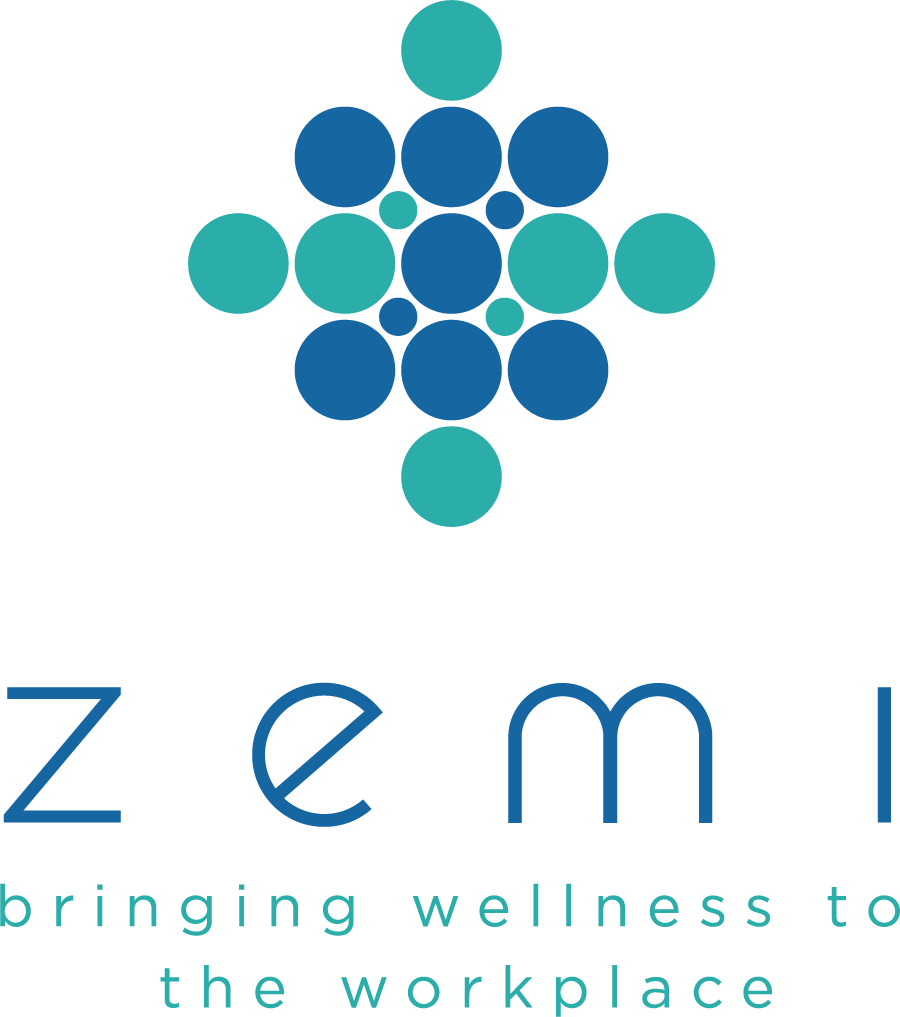Protein, it does the body well!
Protein is a very important macronutrient for our bodies. It is the building block of all cells in your body. It helps repair muscles after exercise, helps you feel fuller for longer, and plays an important role in a healthy immune system. Protein also plays an essential role in growth and development during pregnancy and childhood.
What is protein?
Protein is comprised of building blocks called amino acids. There are 20 amino acids, 9 of which are essential, meaning they must be obtained from food. The remaining 11 can be produced in the body from the essential ones or other chemicals found in food. Amino acids are what build and repair tissues in your body, as well as make hormones and enzymes that regulate chemical reactions in your body.
The nine essential amino acids that must be eaten from food because our bodies cannot make them are:
Leucine
Isoleucine
Lysine
Methionine and cysteine (combined)
Phenylalanine, tyrosine, and tryptophan (combined)
If you do not get enough of these nine essential amino acids in your diet,, your body will break down muscle tissue to compensate for this deficit. This is why people who do not eat enough protein may lose weight despite eating more calories than they need!
Amino acids are also necessary for the production of hormones such as insulin, which regulates blood sugar levels; antibodies that fight off infections; enzymes that help digest food; neurotransmitters (chemicals that transmit messages between nerve cells in the brain) and more.
Where are proteins found?
Protein is found in foods, such as meat, fish, poultry, eggs, and dairy products. Plant-based proteins include beans and other legumes; grains such as oats; nuts such as almonds or peanuts; seeds like pumpkin seeds; leafy greens such as spinach or kale -- even quinoa!
Many people do not eat meat but still must meet their protein requirements. They can do this by eating higher amounts of beans/legumes (such as chickpeas), lentils, grains (like quinoa), and nuts/seeds (like cashews). Even vegetables have protein, but the majority of protein will come from animal sources.
Animal sources of protein are what we call a complete protein, meaning they have all the essential amino acids. Grains and vegetables will have ”incomplete” proteins but can form a complete protein when paired.
How much protein do we need?
The current recommended intake for protein is 0.8g of protein per kilogram of body weight per day for adults. This means that if you weigh 70 kg (155lbs), your daily recommended intake would be 56g of protein.
For children over 4 years old, the recommended daily intake is higher at 1-2g per kg body weight per day until they reach 18 years old. If a child weighs 50kgs (110lbs), their daily recommended amount would be 55-110 grams of protein depending on age and gender-- but it is important to note that these figures are just guidelines! The exact amount will depend on many factors, including how active they are each day, if they have any medical conditions or allergies, and even how much food is available where they live.
When it comes to learning what your body needs and which proteins are best, the “Healthy Eating Plate” and “My Plate” are great resources.
So, how important is protein in our diets? It is essential! We need it to build and repair tissues in our bodies, keep our muscles strong and healthy, and maintain other important organs like the heart and kidneys.
It is important to note that getting the recommended amount of protein is best when it comes from whole food sources. The less processing of the food, the better.

